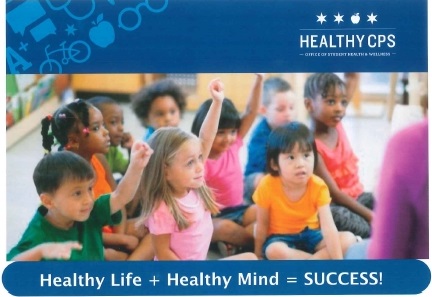Education Barriers

Barriers to education can range from hunger and poor nutrition, to lack of funding or learning materials, disability barriers, and unsafe learning environments. Across most communities, inadequate health care and improper nutrition acts as major hindrances to achieving educational excellence. I believe students are better able to learn at optimal levels only if they are healthy.
Students living with chronic health conditions are more likely to have decreased school functioning. In the Chicago Public Schools (CPS) district, some of the leading causes for absenteeism are chronic conditions such as asthma, diabetes, and food allergies. In addition to this, lack of proper nutrition has also been associated with reduced academic ability which is unsurprisingly reflected significantly in their academic assessments.
Having access to health insurance and a reliable source of nutritional food are crucial, as these have a significant effect on educational success. Students are better able to learn and retain information if they are medically and physically fit. This includes proper nutrition, proper care for existing medical conditions, and the availability of a medical home for unforeseen circumstances.
The CPS Office of Student Health and Wellness aims to remove health related barriers to learning so that students may succeed in academic affairs, career planning, and life. By granting access to health insurance and food assistance programs, we are providing necessary support to our low income families, and we are taking a step to ensure that our students are not affected by the barriers we can prevent.
This blog post was written by NHC Chicago 2017-18 member Simi Odusanya.
Simi is a Benefits Outreach Coordinator for Chicago Public Schools Office of Student Health and Wellness.